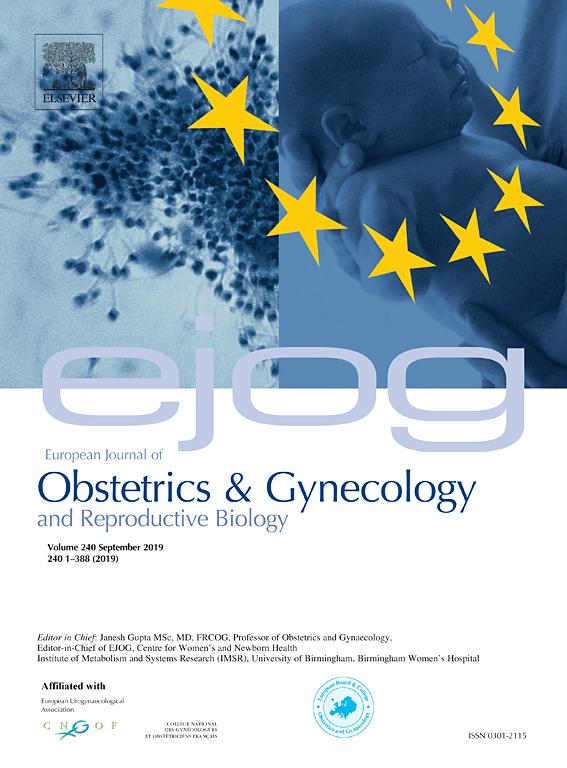
SAGE Publishing is today retracting 22 articles by a materials science researcher who published in two of their journals — but the anonymous reader who brought the problems to their attention says the author’s duplication affects more than 100 articles.
Ali Nazari, now of Swinburne University of Technology in Australia, had five papers retracted earlier this year from an Elsevier journal. His total of now 27 retractions — the others from the International Journal of Damage Mechanics and the Journal of Composite Materials — came following emails in January of this year from an anonymous reader to several publishers raising concerns that Nazari had duplicated his work in more than 100 articles.
Here’s the retraction notice for the 22 articles retracted by SAGE:
Continue reading A publisher just retracted 22 articles. And the whistleblower is just getting started.







